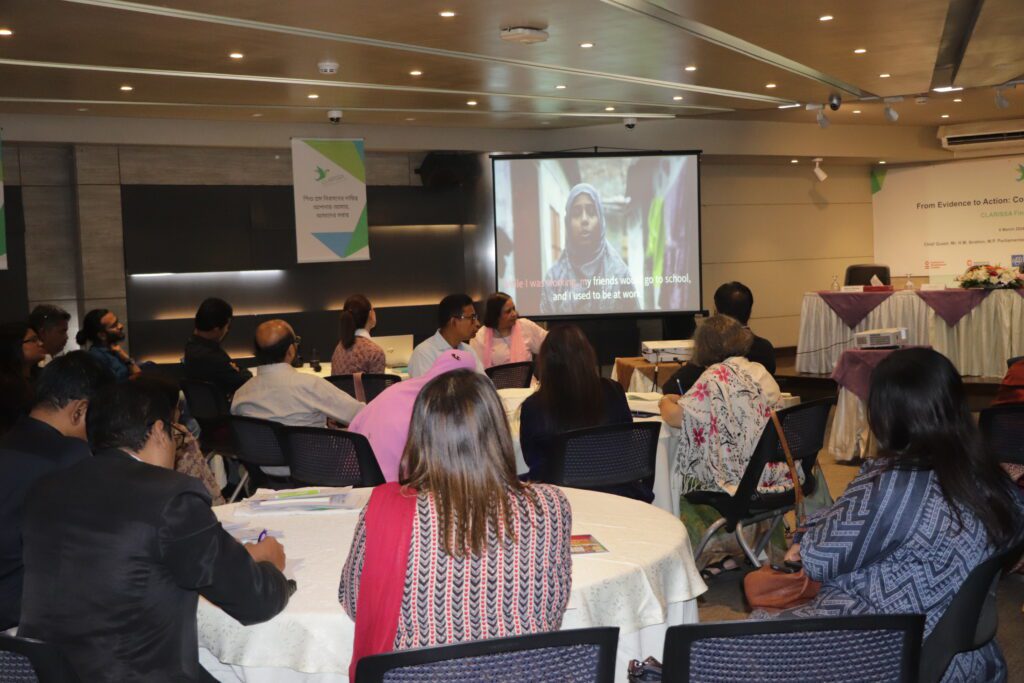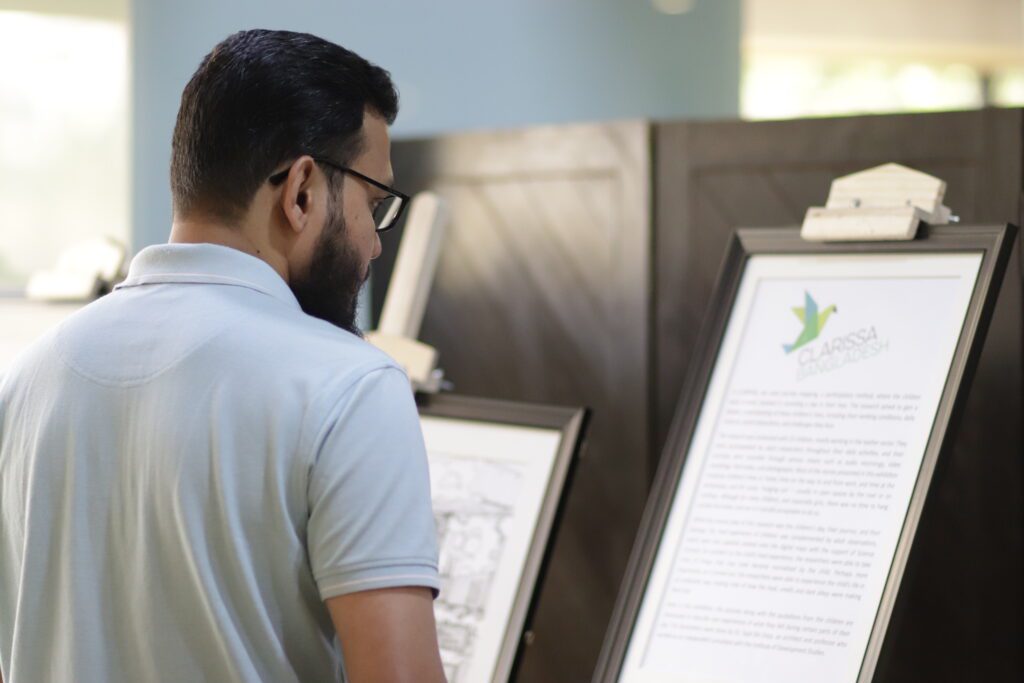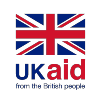On the 6th of March, CLARISSA Bangladesh held the final dissemination event, “From Evidence to Action: Collaborating to Combat Child Labour” at the BRAC Centre Inn in Mohakhali, Dhaka. Organized by Terre des hommes, BRAC Institute of Governance and Development (BIGD), and Grambangla Unnayan Committee, with support from the Institute of Development Studies, the event focused on the key findings and emerging recommendations from research conducted as part of the 5 year CLARISSA programme. Attendees included representatives from government ministries and departments, civil society organisations, UN officials, international NGOs, academia, and child protection practitioners.

CLARISSA, funded by the UK Government’s Foreign, Commonwealth & Development Office (FCDO), implemented the participatory action research project in Bangladesh from 2020 to March 2023. Through Action Research, the initiative delved deep into understanding the root causes of child labour and crafting innovative solutions. What sets CLARISSA apart is its approach of using Systemic Action Research and piloting a Social Protection initiative, which empowered communities to tackle this complex issue collaboratively.
The event was not only about sharing insights but also about celebrating the creative endeavours that shed light on the realities faced by working children. Dr. Sajid Bin Doza’s illustrations, extracted from the “Day in the Life” stories of working children from the Hazaribagh neighbourhood, provided a poignant visual narrative. As participants walked into the lobby, they were greeted by the illustrations, vividly depicting the realities of working children in their everyday surroundings. While fully understanding the physical toll experienced by these children – toiling under the scorching sun or performing hard tasks such as nailing raw hides, carrying heavy loads, or cutting gloves for hours – may not be possible, the powerful quotes from the children and illustrative depictions offered a window into their harsh realities.

Three parallel panel sessions were held during the event, each addressing crucial aspects of combating child labour:
Adopting a child-centred approach
Surojit Kundu, Senior Participatory Action Researcher of CLARISSA Bangladesh, presented findings and key recommendations which revolves around adopting child-centeredness to address child labour. The session was chaired by Md. Haider Ali, Joint Secretary and General Manager of Dhaka South City Corporation and was moderated by Fatema Khyrunnahar, Child Protection Officer, UNICEF.
Informal economy and child labour
A.K.M. Maksud, Technical Expert of CLARISSA Bangladesh, presented findings and recommendations related to the complexities of the informal economy and its relationship with child labour. This panel discussion was moderated by Professor Monirul Islam Khan, Department of Sociology, University of Dhaka and was chaired by Hazera Khatun, joint secretary, Labour Wing, Ministry of Labour and Employment, Government of Bangladesh.
Social protection
Dr. Keetie Roelen, Co-Lead of social protection component in CLARISSA, led the social protection team’s presentation, highlighting the effectiveness of interventions such as universal cash transfer programmes and service referrals. This session was moderated by Maheen Sultan, Senior Fellow of Practice, BRAC Institute of Governance and Development. The Chair of this session was Dr Abu Saleh Mustafa Kamal, Director General, Department of Social Services, Government of Bangladesh. The plenary discussion session was moderated by a child rights expert Abdulla Al Mamun, director of child protection and child rights governance at Save the Children.
The closing session was chaired by Mosharraf Hossain Bhuiyan, Senior Advisor, BIGD and former Cabinet Secretary to the Government of Bangladesh, Dr. Peter Taylor, Director of Research at the Institute of Development Studies, emphasised the significance of the project in amplifying the voices of children whose perspectives often go unheard. He concluded his address by invoking an African proverb: “If you want to go fast, go alone; if you want to go far, go together.”
Reflections from government
The Chief guest, H.M. Ibrahim, MP, Head, Parliamentary Standing Committee, Ministry of Labour and Employment, Government of Bangladesh said that the government will consider the recommendations from this project. Alongside this, he said the government is determined to ensure education for all children. He also emphasized the National Plan of Action to eradicate child labour by 2025. Special guest, K.M. Abdus Salam, Senior Secretary, Bangladesh Parliament Secretariat concluded by putting emphasis on the integrated approach to end child labour in Bangladesh by 2025. He highlighted the importance of coordination between different state and non-state stakeholders.
The event marked the end of the funded programme of work but also the beginning of further work in Bangladesh to use the findings from CLARISSA to tackle the drivers of child labour. The relay torch has now been handed on to other organisations who we hope will use the findings and recommendations to improve the lives of working children in Bangladesh.
